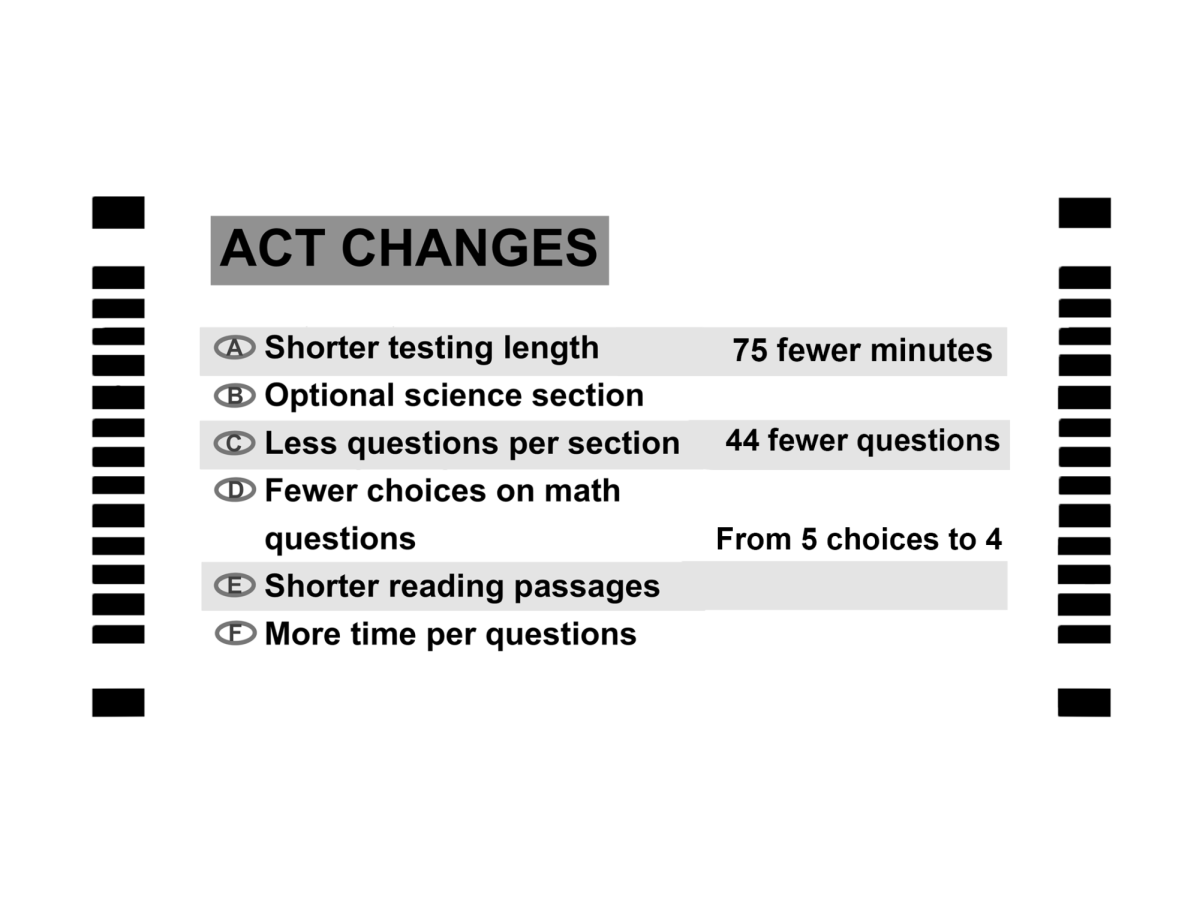George Washington once said to his teenage nephew, “Every hour misspent is lost forever, and future years cannot compensate for lost days at this period of your life.”
The administration at Grady completely agrees. High school is too important and too valuable for students to be uncaring and nonchalant about getting to school on time.
One of the most important things a student can do to achieve academic success is also one of the most basic: going to school every day and being on time. In fact, it has been proven by the Georgia Department of Education that a child’s attendance and timeliness may be the biggest factor influencing their academic success.
Last year, after the attendance office discovered that a lot of students were signing in late with friends’ name, nicknames, or even as “Beyoncé” or “Matt Ryan”, administrators decided there had to be some accountability. They observed that the only kids being identified as tardy were the students who were honest enough to write their real name. According to Business and Entrepreneurship academy leader Willie Vincent, these allowances were the real problems with that system because he felt the administration was allowing dishonesty.
To eliminate this loophole, administrators instituted a system that held up the tardy line remarkably, forcing students to show identification in order to check in.
“Well that was great, we held up the line showing ID’s,” Vincent said. “But still there was no punishment, so students were like ‘So I’m late, so I show my ID, big deal.’”
The administration’s effort to enforce the tardy policy was undermined by chronically late buses. Once the school buses started arriving on time, administrators noticed that students were just conditioned to be late. They then implemented a system where students who were tardy three times in a week receive detention, and students who were chronically late, at least 10 times already this year would get ISS.
These new changes aren’t anything too extreme or severe. Being tardy three times in the same week is a little much. Either you obviously can’t figure out how to get to school on time, or you really just don’t care. And it is this apathy that is the cause of this entire attendance issue.
Many students are tardy because it has turned it into a habit. This lack of concern for timeliness tends to prove that these students don’t care much about their education. They don’t care what the consequences are of being late; they just want to enjoy their life.
Despite the policies of the administration trying to change the culture, some of the solutions have to start with the teachers. Students aren’t going to respect the start time of 8:30 a.m. unless school actually starts at 8:30 a.m. Because the culture at Grady has become one of not-caring about start times and about getting kids in class at 8:30 a.m., nobody respects the policies anymore.
I know the teachers in my first-period classes can’t start teaching at 8:30 a.m. because they know half the class is downstairs waiting in line to get their tardy passes. So is the school enabling students to be late? Is it the school that is not holding students accountable for being on time?
Teachers have to hold students accountable for getting to class on time and being ready and available to learn. The starting time means the starting time for all teachers and for all students. If a student is late, the school should not legitimize their excuses. They are just excuses. If the teachers and the administration at Grady really believe there is virtue in being on time, I would like to see school begin on time.
Good habits and the values of society are supposed to be taught and reinforced in school. How can schools teach these skills when students aren’t even in class to learn? There seems to be some disregard for the starting time on the part of students, parents and even the faculty at Grady.
If you’re late, you can cause the following problems: missing part of the class, and perhaps missing something important; disrupting the class and making it harder for the other people to work; showing disrespect for the teacher by not caring enough to be on time; showing you are not a dependable person, and others will be less likely to rely on you; letting bad habits control you instead of taking control of yourself and planning ahead to be on time.
“If you come early or on time, you wouldn’t have to worry about [our tardy policies],” attendance clerk Jurea Harris said. “Fifteen minutes earlier will make a world of difference in your day.”
Timeliness is a virtue, just like respect or honor, and according to many teachers, has probably become more of an issue at Grady than other important values taught in school. Being on time is not only a duty for students, but it is also a part of good manners, respect and builds a good reputation for both themselves and the school.
“Please allow students an additional 10 minutes to enter your classroom,” the announcements say each morning. This is nothing new for Grady. Tardiness has been an issue for years now, and I’m glad the administration finally decided to make changes to combat this epidemic.






